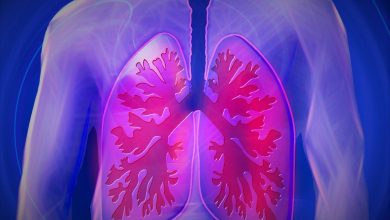PCNOK Are (Patient Care Network)

A Patient Care Network (PCN) is a group of healthcare providers, including primary care physicians, specialists, and other healthcare professionals, who work together to provide coordinated and comprehensive care to a specific patient population. The goal of a PCN is to improve the quality of care for patients and to provide more efficient and cost-effective care.
There are several key components of a PCN:
- Primary care providers: These are the doctors, nurse practitioners, and other healthcare professionals who are responsible for coordinating the overall healthcare of a patient. They are often the first point of contact for patients and play a central role in the PCN.
- Specialists: These are doctors with advanced training in specific areas of medicine, such as cardiology or neurology. They provide specialized care to patients and work closely with primary care providers to ensure that patients receive the appropriate care.
- Other healthcare professionals: A PCN may also include other healthcare professionals, such as pharmacists, physiotherapists, and social workers, who play important roles in the care of patients.
- Coordination of care: A key aspect of a PCN is the coordination of care between all of the different healthcare professionals involved in a patient’s care. This may involve sharing patient information and working together to develop a comprehensive treatment plan.
- Electronic medical records: Many PCNs use electronic medical records (EMRs) to track and manage patient information, including test results, medications, and treatment plans. This helps to ensure that all members of the PCN have access to the most up-to-date information about a patient’s care.
- Disease management: PCNs may also focus on the management of specific diseases or conditions, such as diabetes or heart disease. This may involve implementing prevention and management strategies, such as providing education and support to patients, to help them better manage their condition.
- Population health management: PCNs may also focus on population health management, which involves working to improve the overall health of a specific patient population. This may involve implementing strategies to prevent chronic diseases or improving access to care for underserved populations.
There are several potential benefits of a PCN for both patients and healthcare providers. For patients, a PCN can provide more comprehensive and coordinated care, which can improve the quality of care and lead to better health outcomes. For healthcare providers, a PCN can help to reduce the burden of coordinating care and can improve the efficiency of the healthcare system.
Overall, a PCN is a group of healthcare providers who work together to provide coordinated and comprehensive care to a specific patient population, with the goal of improving the quality of care and reducing costs.
Patients are individuals who receive healthcare services from healthcare professionals. These individuals may be seeking care for a variety of reasons, such as illness, injury, or preventive care. In a Patient Care Network (PCN), patients are typically seen by primary care providers, who are responsible for coordinating their overall healthcare. Primary care providers may include doctors, nurse practitioners, and other healthcare professionals.
Healthcare professionals, on the other hand, are individuals who are trained and licensed to provide healthcare services to patients. These professionals may include doctors, nurses, pharmacists, physiotherapists, and other types of healthcare providers. In a PCN, healthcare professionals work together to provide coordinated and comprehensive care to patients.
One key aspect of a PCN is the coordination of care between all of the different healthcare professionals involved in a patient’s care. This may involve sharing patient information and working together to develop a comprehensive treatment plan. This coordinated approach can help to ensure that patients receive the appropriate care and can improve the overall quality of care.
In addition to primary care providers and specialists, a PCN may also include other healthcare professionals, such as pharmacists, physiotherapists, and social workers. These professionals play important roles in the care of patients and can help to support their overall health and well-being.
PCNs may also focus on the management of specific diseases or conditions, such as diabetes or heart disease. This may involve implementing prevention and management strategies, such as providing education and support to patients, to help them better manage their condition.



